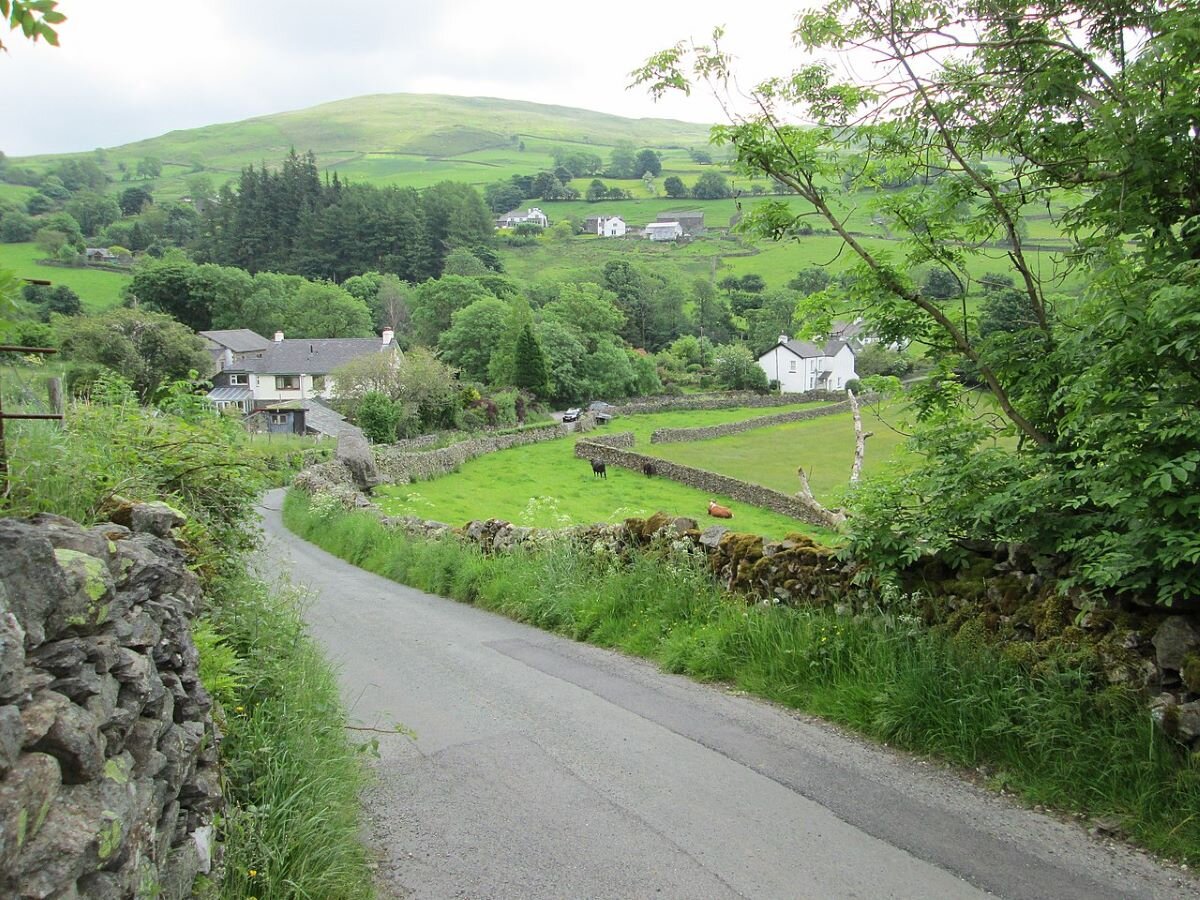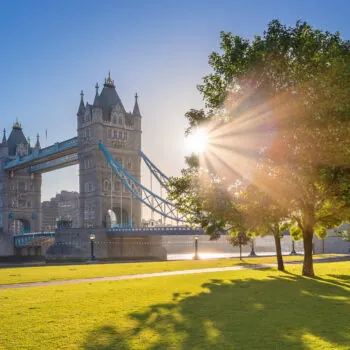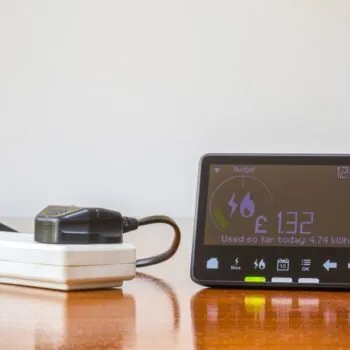The cost of heating has long been a problem for families living off the gas grid in rural areas across the UK. The recent energy crisis has led heating bills to soar even further. The transition to efficient homes and clean heat could help alleviate some of the issues households face, as well as supporting climate and fuel poverty targets. To ensure a smooth, affordable and socially inclusive transition, policymakers must keep affordability and accessibility foremost in mind.
The majority of “off-grid” homes are heated using oil and liquefied petroleum gas (LPG) – some of the most expensive and carbon intensive fossil fuels. The challenge of keeping homes warm and healthy is compounded by issues including leakier properties which cost more to heat. In 2022, the fuel poverty gap – the reduction in fuel costs needed for a household to move out of fuel poverty – was £677 for rural households overall and £956 for households in rural villages, hamlets and isolated dwellings. By comparison, the gap in urban households was £265.
Measures to phase out fossil heating in off-grid homes can bring benefits, but must be implemented carefully. For the switch to clean heat to be simple and affordable, regulations should be complemented by fiscal support and non-financial measures.
Our research looks at the inequalities in access to affordable clean heating that rural, off-the-gas-grid communities in England face. We highlight solutions which can help level the playing field and reduce fuel poverty. Done correctly, accelerating the shift away from fossil heating can help lower bills, providing permanent solutions to the cost-of-oil crisis.
Recommendations
- Take a phased-in, “worst first” approach to phasing out fossil fuels. The government has consulted on phasing out fossil heating systems in off-grid homes from 2026. We support starting with the most polluting fossil fuels, ensuring households have time to plan and invest in changes needed. Affordability should be ensured through cost caps, complemented by grants and attractive financial options. It will be essential to introduce complementary financial and non-financial support for off-grid households in parallel to ensure the transition is socially inclusive, attractive and fair.
- Provide support with upfront and running costs. To ensure low-income homes are positioned to benefit from clean and efficient heating, it is essential that the government moves forward with measures to lower the running costs of electricity. It should also expand the scope and scale of the Homes Upgrade Grant.
- Implement a nationwide “rural uplift” to the Boiler Upgrade Scheme and Great British Insulation Scheme, in recognition of the higher upfront costs for retrofitting larger, leakier, detached properties.
- Provide additional non-financial support, including independent advice services and awareness raising campaigns.
- Change the planning system and enable upgrades to the electricity grid, to ensure no areas are left behind.


